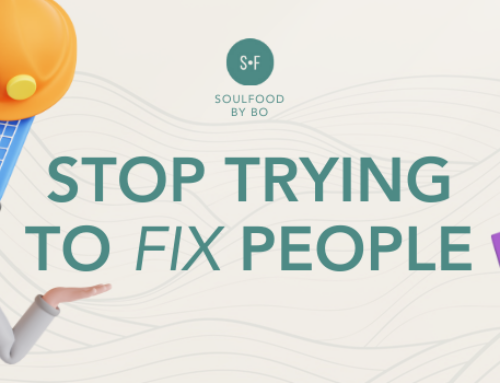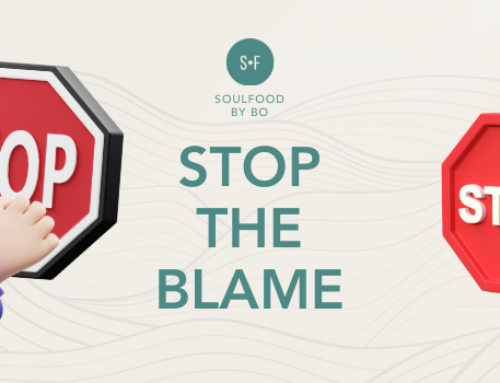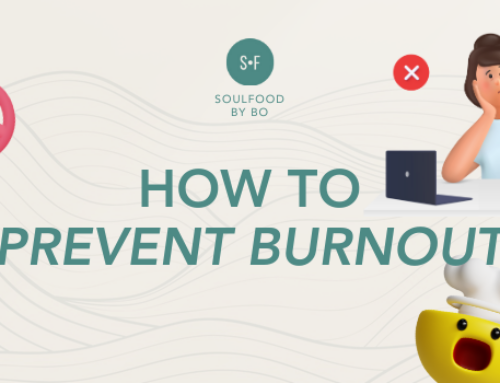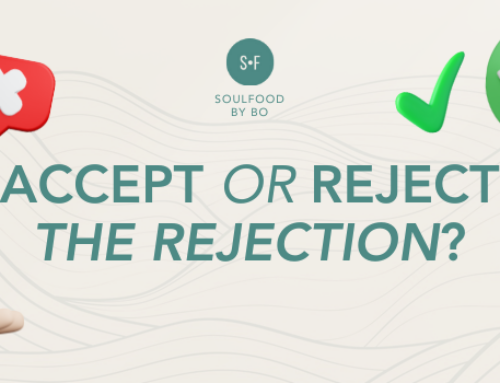
I have an ambitious goal for you int the next few weeks: To break the bonds of bitterness. To walk out of the prison of resentments.
And we start today with a twist: What if we’re angry not just at human beings but at God Himself? For not answering our prayer. For not healing our loved ones. For not being true to His promise. For not blessing us.
The most common complaint I hear from suffering people? They tell me, “God is unfair. I’m a good person. Why is He punishing me?”
My friend Fr. Mike La Guardia shared that before his priestly ordination, he made a deal with God.
He said, “Lord, I’ll take care of your church, you take care of my parents.”
That was all he asked. After ordination, he was sent as a missionary to Papua New Guinea. Two years later, while doing mission work in that foreign country, he received a phone call. He learned that his father had Stage-4 cancer and had only three months to live.
While celebrating Mass, in pain, he told God, “Labo mo kausap!”
Loosely translated, he said, “You’re not true to your Word.”
Fr. Mike was telling God, “Unlike You, I was true to my word. I became a priest. I left my family. I became a missionary. You’re unfair.”
Even before three months was up, Fr. Mike lost his father. And he had to struggle with his anger towards God. Many years later, he still didn’t know why God had to take his father away so soon. But he himself will tell you that because of the loss of his father, his faith is now deeper. Stronger. And yes, he continues to serve God as a priest with full devotion.
His story reminds me of this powerful passage from the Old Testament: Even though the fig trees have no fruit and no grapes grow on the vines, even though the olive crop fails and the fields produce no grain, even though the sheep all die and the cattle stalls are empty, 18 I will still be joyful and glad, because the Lord God is my savior. (Habakkuk 3:17-18 GNT)
It’s easy to praise God during good times. But can you do it during bad? Can you say with the Psalmist, Why am I so depressed? Why this turmoil within me? Put your hope in God, for I will still praise Him, my Savior and my God. (Psalm 42:5 HCSB)
Though my wallet is empty, and my visa was denied, and my promotion was delayed, and my job was given to someone else, I will still praise Him.
Though all my friends are getting married and I’m the only one who is single, and my boyfriend turned out to be a jerk, and the other guy I like doesn’t like me back, I will still praise Him.
Though my prayer is not yet answered, and the door has not yet opened, and my healing has not yet happened, and my miracle is still on the way, I will still praise Him.
Let’s unpack the Book of Job in the Bible. Very few people actually read the entire thing because of its dense poetry. All they know is that the Book of Job is about a guy named Job.
Job was super good. The best of the best. About him, God said, “There is no one on earth as faithful and good as he is. He worships me and is careful not to do anything evil.” (Job 1:8 GNT)
And yet in this story, Job goes through so much incredible suffering. Everything that he has is taken away from him. His livestock die, his servants die, and all his 10 children die. Yet despite of all these unspeakable losses, wonder of wonders, Job still praises God. At least, at the start of the story, he is able to say, “Naked I came from my mother’s womb, and naked shall I return. The LORD gave, and the LORD has taken away; blessed be the name of the LORD.” (Job 1:21 ESV).
Job is able to say, “I will still praise Him.”
I repeat: At least, at the start of the story.
Soon, Job’s three friends Eliphaz, Bildad, and Zophar enter the picture. Their goal is to console him, but they end up criticizing him. (Does this sound familiar?) They love Job. They just don’t know how to love him. (Again, does this sound familiar?)
Their problem? They have very bad Theology. In so many words, they tell Job, “Do you know why bad things happened to you? Because you must have done something bad too. You’re being punished by God.”
These three pals have many modern counterparts. They like judging people after disasters happen. You read these horrible posts on Facebook. After an earthquake, or volcanic eruption, or tsunami, these religious people will say, “God is punishing us because we have become too sinful.”
But wait a minute. Didn’t bad and good people die in those disasters?
Stop Judging
One day, a Nun rides a bus. When she sits down, she notices that the guy sitting in front of her reeks of alcohol. And she sighs, “Why do people destroy their life through drink?”
A man looks up from the newspaper he is reading, smiles at her, and asks, “Do tell me. What causes hypertension?”
She says sharply, “Alcohol.”
“Oh, I see,” he says. He continues to read. After a few seconds, he looks at her again and asks, “How about arthritis?”
The Nun says, with gravity in her voice, “Drinking too much alcohol will definitely cause arthritis.”
“Wow,” the man says, shaking his head. He goes back to reading.
A few moments later, he asks her again, “How about tiredness and body fatigue?”
The Sister says, “Oh, prolonged consumption of alcohol does that to the body.”
“Oh, I see…” the man says.
Inwardly, the Nun is pleased. Perhaps she gets through to him.
She asks, “Sir, do you have all of those symptoms?”
The man shakes his head. “Heck, no…” he says.
He then shows her the newspaper he is reading and says, “But this article says the Pope has hypertension, arthritis, and gets tired easily. The Pope must have a drinking problem, eh?”
Accept It: Life Is Unfair
Do you want to understand the Bible? When you read it, you can’t just pick out one verse and say, “This is the entire truth.” This is the main reason we have religious people that do crazy things in the name of God. You need to let Scripture interpret Scripture. You need to read the entire Bible.
Let me give you an example. There are 73 books in the entire Catholic Bible— of them are Wisdom Books: Psalms, Song of Songs, Proverbs, Ecclesiastes, Job, Wisdom, Sirach, and Baruch. And these books emphasize different sides of the truth.
Example? Proverbs and Job.
The core message of Proverbs is, “Good things happen to good people, and bad things happen to bad people.” It’s black and white. Let me give you two examples:
Be honest and you will be safe. If you are dishonest, you will suddenly fall. (Proverbs 28:18 GNT)
The curse of God is on the wicked, but his blessing is on the upright. (Proverbs 3:33 TLB)
I love the Book of Proverbs because it’s clear, simple, and yes, black and white. And that’s why it’s powerful.
And this is the paradigm of the three friends of Job.
But the Book of Job is emphasizing another dimension of reality. In a world of black and white, the author of Job introduces grey: A very good guy experiences the worst disasters imaginable—sickness, death, and poverty.
The Book of Proverbs says, “Obey God and get blessed; Disobey God and get cursed.” But Job nuances this statement and says, “Most of the time when you obey God, you get blessed. But sometimes, you get trials to purify, shape, transform, deepen, and strengthen you….”
Proverbs preaches, “Life is just because God is just.”
Job preaches, “Sometimes, life is unfair. But God is still just.”
Just look around you—and you’ll agree with him. Bad things do happen to good people.
I repeat: Life is unfair. The earlier you embrace this truth, the better for you to navigate life on this Planet. But even if life is unfair, we believe that God is still just.
God is inviting you: “Focus on my character, not on your condition.”
Your condition may be screaming, “God has abandoned you.”
But God’s character is whispering, “I’m here beside you. I will never leave you. I will see you through this. You will win.”
So continue to praise God, even if things aren’t going your way.
May your dreams come true,

Bo Sanchez




